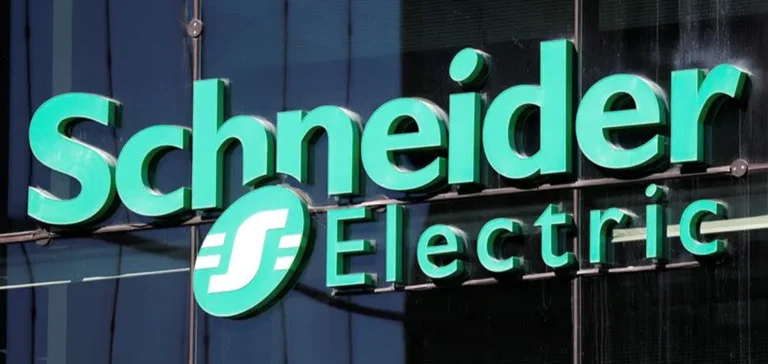The Schneider Electric group, a specialist in electrical equipment, achieved revenue of EUR19.3bn ($20.96bn) in the first half, marking an increase of 6.4%. The group’s net profit reached EUR1.9bn ($2.06bn), a rise of 2% over the period. According to management, growth was mainly fuelled by the continued expansion of the data centre sector, supported by the development of artificial intelligence and digital infrastructure worldwide.
Growth markets and confirmed financial targets
Schneider Electric, active in the buildings, data centres, infrastructure, and industry markets, is targeting adjusted Ebita organic growth between 10% and 15% for 2025. Ebita reached EUR3.5bn ($3.8bn), up 3.8%, with organic growth of 6.9%. Chief Executive Officer Olivier Blum highlighted the strength of end markets despite ongoing economic uncertainty. The group reported a strong pipeline of opportunities for the remainder of the year, boosted by increasing demand from artificial intelligence players.
Managing exposure to US tariffs
Chief Financial Officer Hilary Maxson indicated that the impact of US-imposed tariffs would remain limited, estimated at a few hundred million dollars. The group plans to offset this impact through price increases. Currently, 17% of Schneider Electric’s North American sales come from imports from other regions, compared to 83% generated by a local value chain. The company noted its pricing power in the American market, where it generates a significant share of its business.
Regional growth and strategic acquisition in India
Geographically, North America, accounting for 38% of second-quarter revenue, recorded organic growth of 12.5%. Asia-Pacific, making up 27% of the total, grew by 7.4%. In Western Europe, growth reached 2.1%, while the rest of the world posted organic growth of 10.4%. Schneider Electric also announced the full acquisition of Schneider Electric India Private Limited (SEIPL), valued at EUR5.5bn ($5.97bn), further strengthening its position in the Indian market.
Olivier Blum stated that this operation allows the group to consolidate its development strategy in India and leverage the potential of local teams in research, digital and logistics.






















